International Pediatric Peritoneal Biobank
Within a few years of peritoneal dialysis (PD) the peritoneum undergoes major morphological and functional alterations, which ultimately result in PD failure. PD purification efficiency is limited, and PD patients suffer from rapidly progressing vascular disease.
The International Pediatric Peritoneal Biobank collects parietal peritoneal and omental specimen from patients with normal renal function, CKD, PD with different PD fluids and following renal transplantation across all age groups (0-70 years), together with blood, dialysate and clinical data. It offers unique opportunities to specifically study CKD, PD and Tx related local but also systemic pathomechanisms of tissue transformation and vasculopathy. By means of whole transcriptome and proteome analyses and omental metabolome analyses in healthy CKD, PD and post Tx samples, the biobank aims at comprehensive understanding of the molecular machineries, and provides detailed information for targeted validation studies and (experimental) therapeutic interventions aiming at improving PD efficacy and sustainability but also aiming at understanding systemic disease and identification of potential therapeutic targets.
| Design: | Open, prospective, observational |
| Patients included: |
|
| Coordinating Center: | University Hospital Heidelberg |
| Participating Centers: | The International Pediatric Peritoneal Biobank receives samples from a variety of institutions all over the world, including from Austria (Vienna), Belgium (Ghent), Czech Republic (Prague), France (Lyon, Nantes, Strasbourg), Germany (Berlin, Cologne, Essen, Hamburg, Marburg), Greece (Thessaloniki), Hungary (Budapest), Italy (Genova, Milano), Lithuania (Vilnius), Malaysia (Kuala Lumpur), Poland (Krakow), Serbia (Belgrade), Turkey (Adana, Istanbul), Spain (Barcelona), Sweden (Stockholm), United Kingdom (Birmingham), United States (Kansas City, Columbus). |
| Contact Information: | betti.schaefer@med.uni-heidelberg.de |
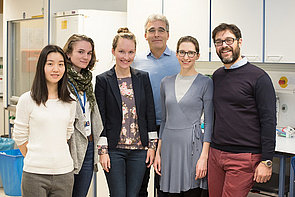
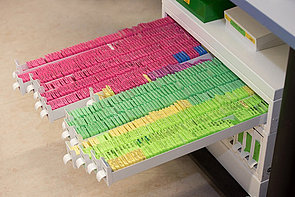
Envisaged studies: | The International Pediatric Biobanks is open to scientific proposals requiring peritoneal and omental histomorphometric, immunohistological, untargeted and targeted molecular studies. Analysis of the impact of Tx and related medications is envisaged. |
| Ongoing studies: |
|
Collaborations including tissue samples from the biobank: |
|
Finished projects: |
|
Active ESCAPE Participants:
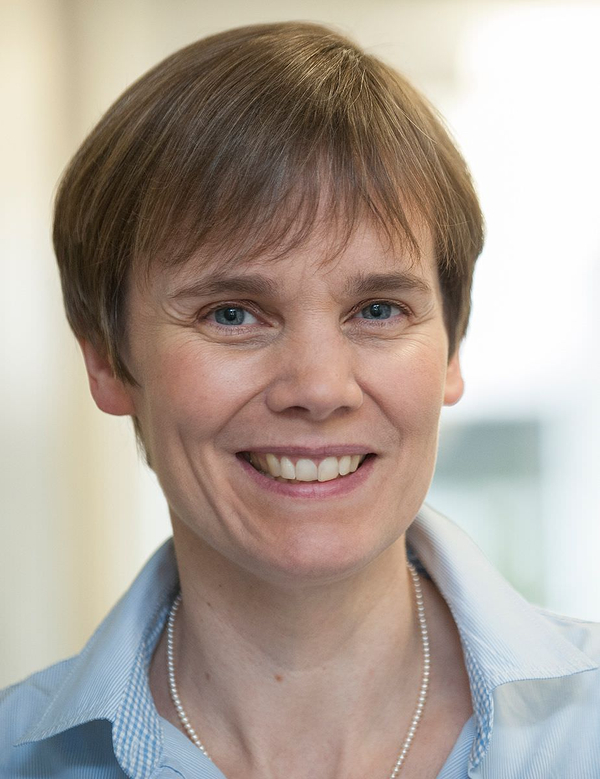
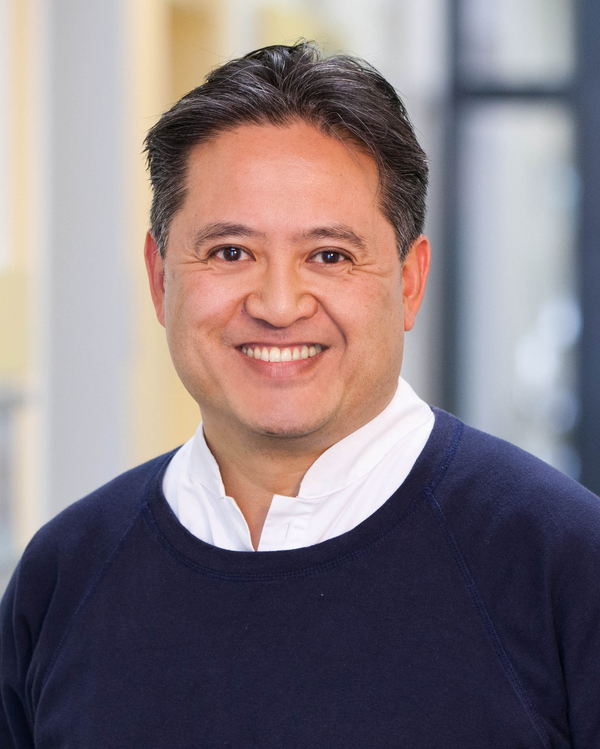
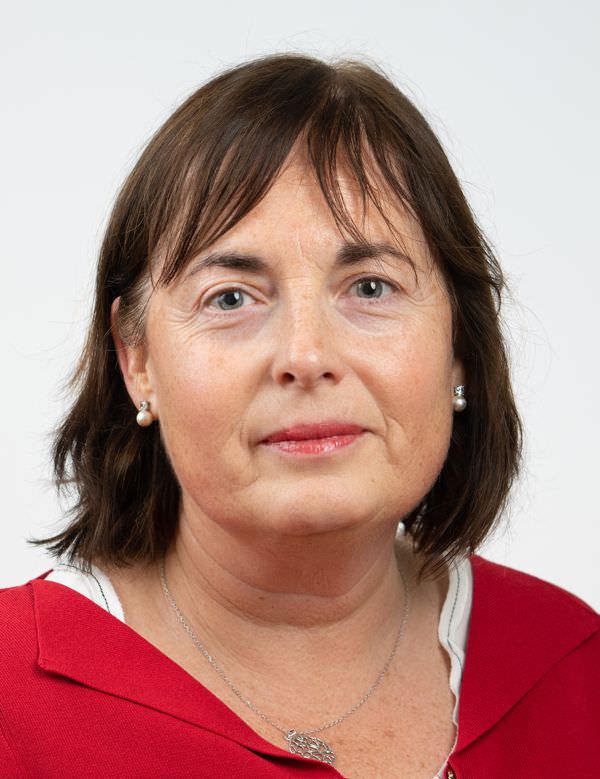


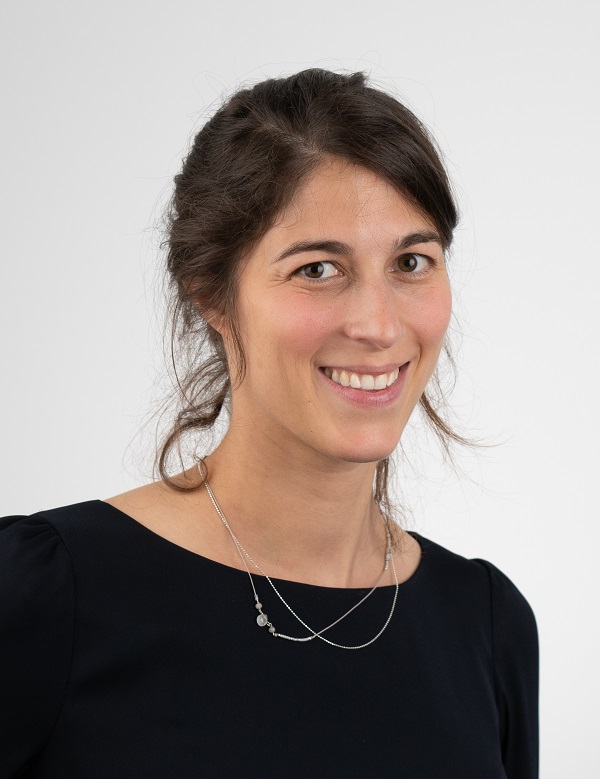
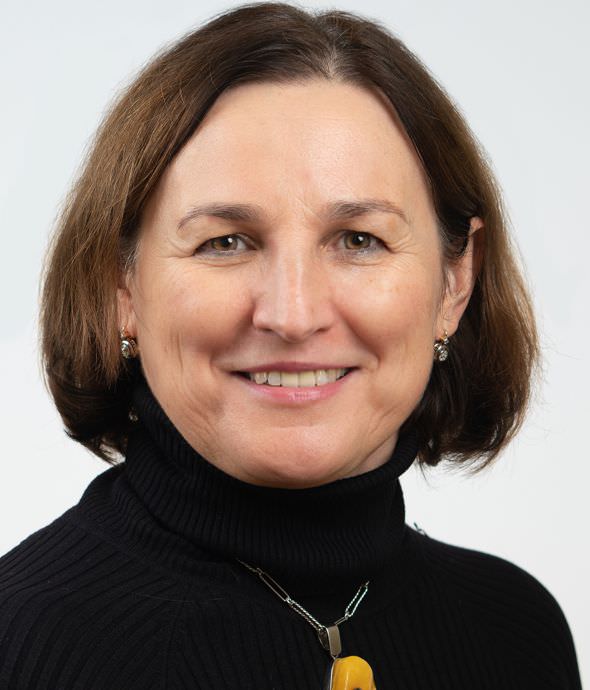

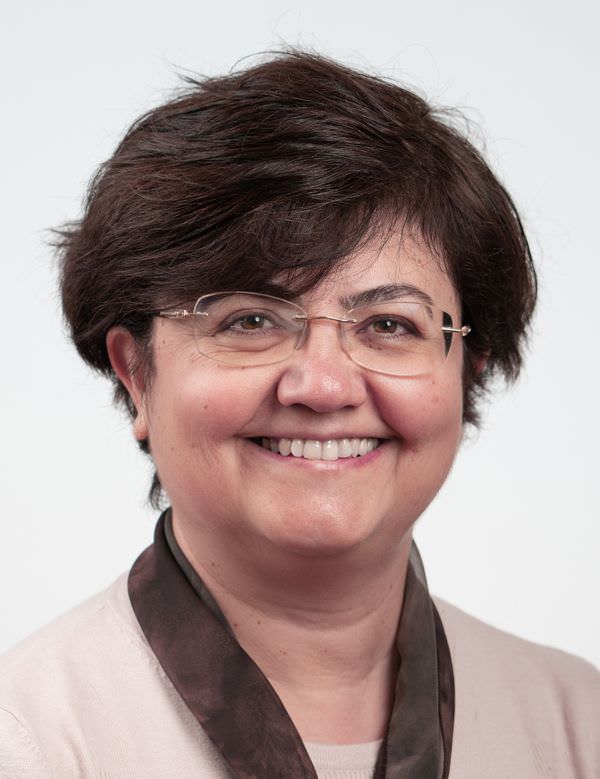

Further Investigators:
B. Becknell, Rainer Büscher, Johan VandeWalle, R. Cerkauskiene, G. Lomic-Milosevski, Bruno Ranchin, C. Taylan, S. Testa, K. Vondrak, B. Warady, J. Yok Chin